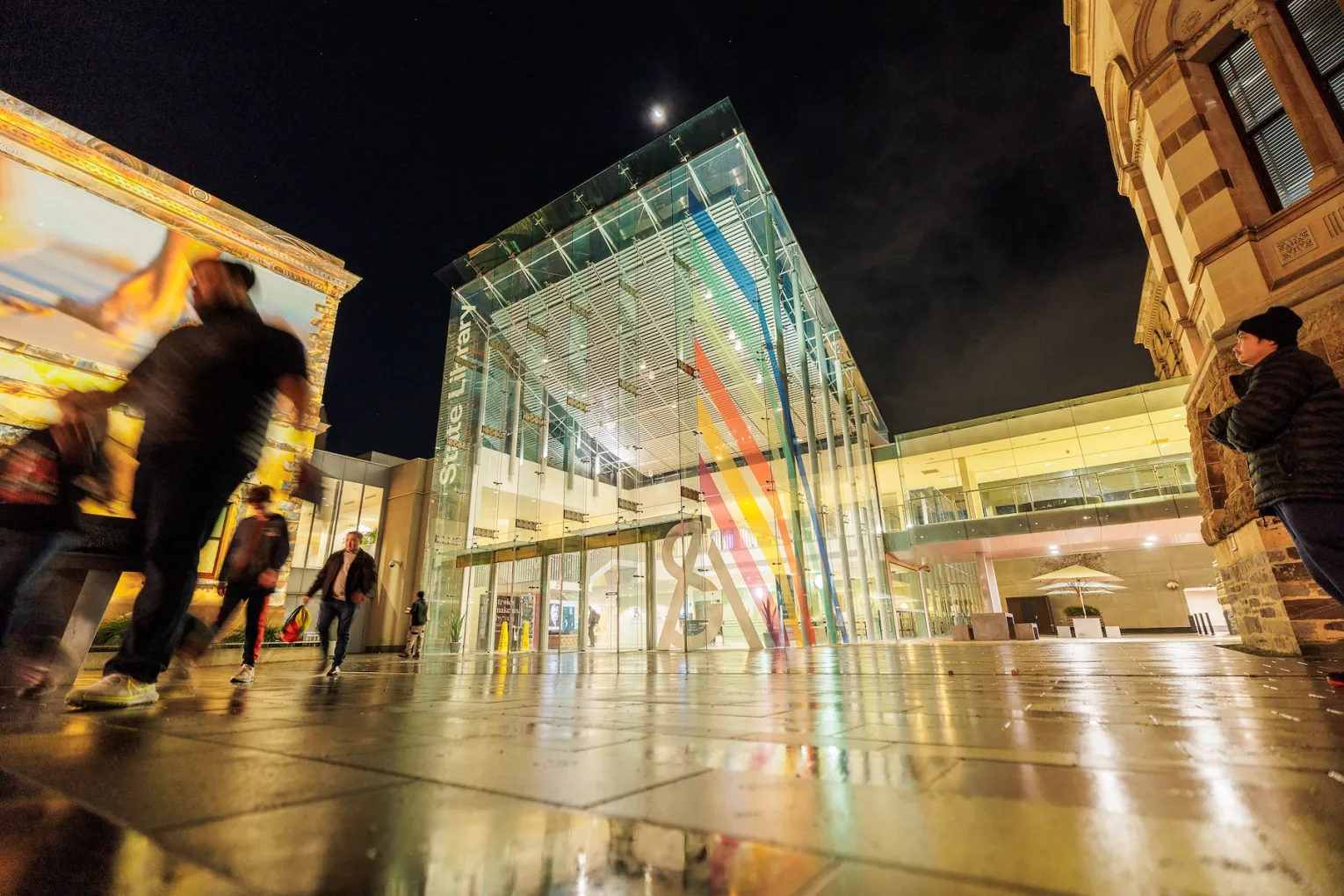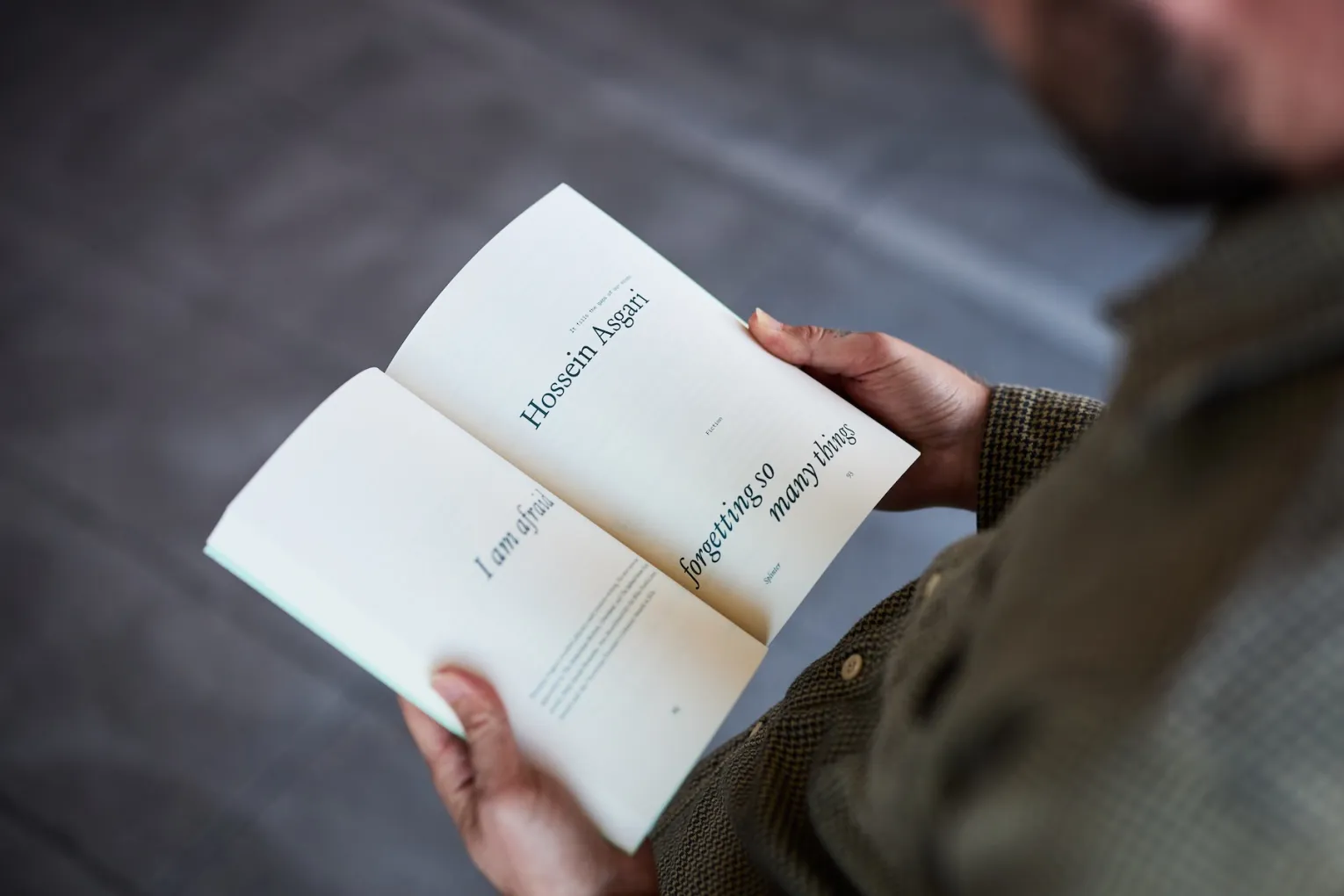Commentary
ReadHas a ‘neoliberal’ festival fixation undercut our cultural community?
In this extract from her book Beyond the Books: Culture, value, and why libraries matter, writer and researcher Heather Robinson reflects on how the rise of an economically driven ‘Festival State’ risks leaving vital institutions out of the conversation.

Books & Poetry
ReadThe soft and quiet power of Australian literature needs public champions
Following the abrupt closure of Australian literary journal Meanjin after 85 years, Splinter journal editor Farrin Foster reflects on how literature’s quiet power makes it one of our least-valued art forms.

Music
ReadAdelaide Guitar Festival review: Lau Noah and Lior
A double bill of guitar-driven singer songwriters saw Lau Noah prove far more than an online success story, while Lior offered a thoughtful cross-section of his past and present.






















